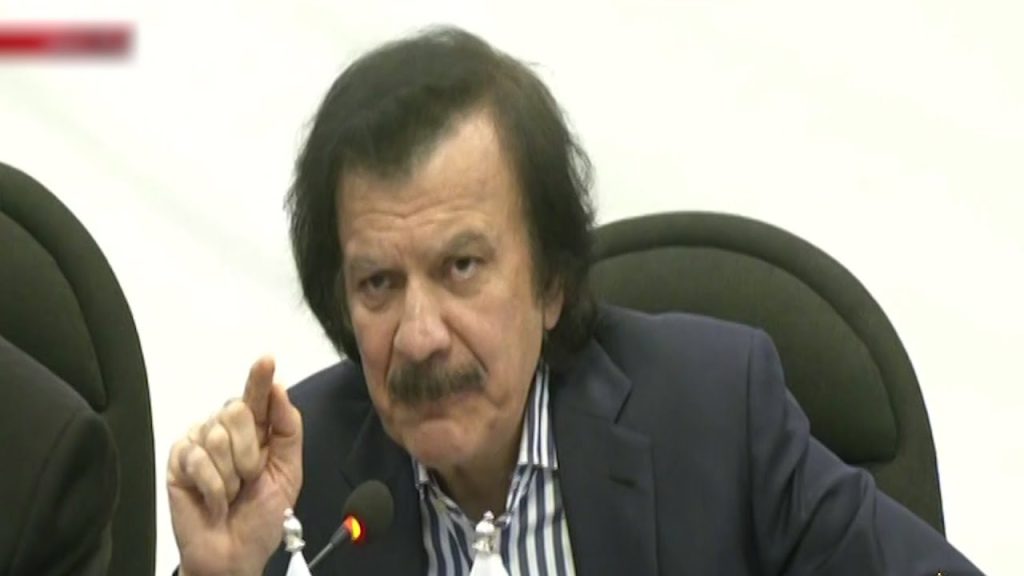Pakistan intends to revisit its Free Trade Agreements (FTA) signed with various countries, said Special Assistant to the Prime Minister (SAPM) Haroon Akhtar.
The SAPM made these remarks during a press conference on Saturday while elaborating on Pakistan’s economic issues.
“The moment our GDP growth crosses 2 or 3%, we have pressure on our reserves because our exports do not increase at the same pace as imports. We have become an import-dependent economy.
“This is because, in certain cases, we entered into FTAs without being fully prepared… There is no harm in revisiting them,” said Akhtar.
Pakistan has signed several FTAs with different countries and regional blocs to enhance trade and economic cooperation.
Some of the significant FTAs are the Pakistan-Sri Lanka Free Trade Agreement (PSFTA) and China-Pakistan Free Trade Agreement (CPFTA).
Pakistan, Iran vow to meet potential $10bn trade target in coming years
Addressing the presser, Akhtar said the USA imposed reciprocal tariffs “not just for negotiating purposes, but to revive their dead manufacturing sector”.
He informed that the government plans to announce a bankruptcy law soon.
The SAPM noted that around 90% of the cases flagged by the Credit Information Bureau (CIB) stem from worsening macroeconomic conditions — including high markup rates, elevated energy costs, and corporate taxes.
“If we cannot provide credit protection to businessmen and an opportunity to restructure themselves, then that is a failure of the system,” he said.
“Very soon, we are going to come up with a bankruptcy law to protect those people, who, through no fault of their own, have fallen into difficult situations, which if not addressed, would lead to factory closure.”
It is pertinent to mention that CIB plays a crucial role in managing credit risk by collecting, organizing, and disseminating credit information about borrowers to financial institutions.
He said that Pakistan needs to build up its reserves, which can be achieved through domestic investment. “Domestic investors will attract foreign investment.”


